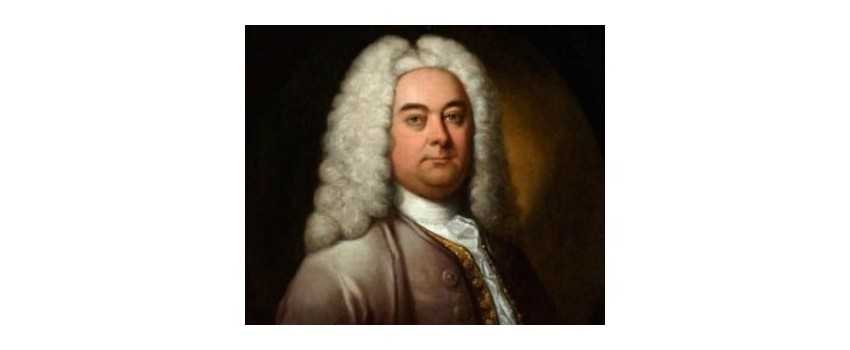Alte Meister Fur Junge Spieler For Cello And Piano By Such
Alte Meister fur junge spieler for cello and piano edited by Percy Such
George Frideric Handel (23 February 1685 – 14 April 1759) is one of the most celebrated composers of all time, renowned for his timeless music that continues to inspire people across the globe to this day. From his iconic work, "Messiah," to his stirring oratorio, "Hallelujah," Handel's music has become a cultural touchstone that transcends time and genre. But Handel's life was just as inspiring as his music. Born in Germany in 1685, he overcame numerous personal and professional setbacks to become one of the most successful composers of his time. His dedication to his craft, his unwavering faith, and his relentless pursuit of excellence are just a few of the qualities that make Handel a figure worth celebrating.
Early Life and Career of Handel
George Frideric Handel was born in Halle, Germany, in 1685 to a family of musicians. His father was a barber-surgeon who played the trumpet in his spare time, and his mother was the daughter of a coppersmith who sang in the local church choir. Handel was the second son in the family and showed an early talent for music. He started playing the harpsichord at the age of seven, and by the time he was ten, he was playing the organ in his local church.
Handel's talent was noticed by the Duke of Saxe-Weissenfels, who invited him to join his court as a musician. Handel was just 17 years old at the time and spent the next few years composing and performing music for the Duke and his court. However, Handel was content to stay in one place for a short time and left Weissenfels to explore other opportunities.
Handel's travels took him to Italy, where he spent several years studying the works of Italian composers and refining his style. During this time, Handel composed some of his most famous works, including "Dixit Dominus" and "Gloria." Unfortunately, Handel's time in Italy was also marked by personal tragedy, as his mother passed away in 1707. Despite this setback, Handel continued to compose and perform, and his reputation as a composer grew.
Handel's Legacy and Impact
Handel's impact on the world of music cannot be overstated. He composed over 40 operas, numerous oratorios, and countless instrumental works, many of which are still performed today. However, Handel's most famous work is "Messiah," composed in just 24 days. The oratorio tells the story of Jesus Christ and has become a staple of the Christmas season.
Handel's music is known for its grandeur and emotional depth, and it has been used in countless films, television shows, and advertisements. His work has also inspired myriad composers who have followed in his footsteps, including Mozart, Beethoven, and Brahms.
Interesting Facts about Handel
Despite his incredible Legacy, many interesting facts about Handel have yet to be widely known. For example, Handel was known for his love of good food and wine and would often host lavish dinner parties for his friends and fellow musicians. Handel was also a skilled businessman who knew how to market his music to the public. He would often sell tickets to his concerts in advance and even wrote some of his music specifically for the London audiences he knew would be attending his performances.
Another interesting fact about Handel is that he was blind in his later years. However, this did not stop him from composing, and he continued to write music until the end of his life. Handel's final work, "Jephtha," was completed eight days before his death.
Conclusion
George Frideric Handel was a remarkable composer and a true inspiration. His music has stood the test of time, and it continues to inspire people across the globe to this day. Personal and professional setbacks marked Handel's life, but he never gave up on his dreams. Instead, he remained dedicated to his craft, faith, and pursuit of excellence, and his Legacy will continue to inspire generations to come.

Alte Meister fur junge spieler for cello and piano edited by Percy Such
Alte Meisterweisen fur junge Cellisten (Schott)